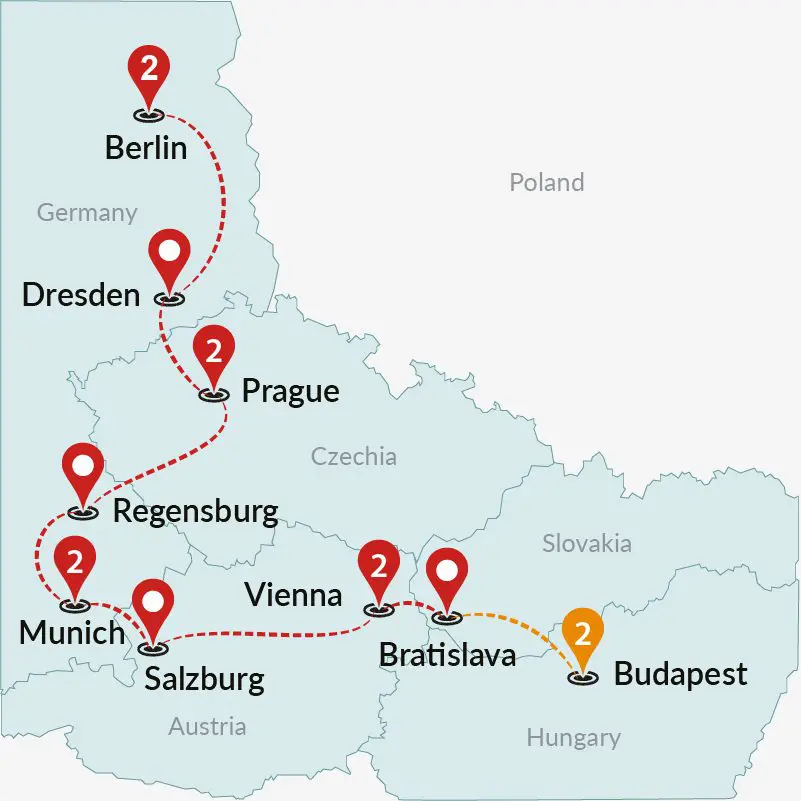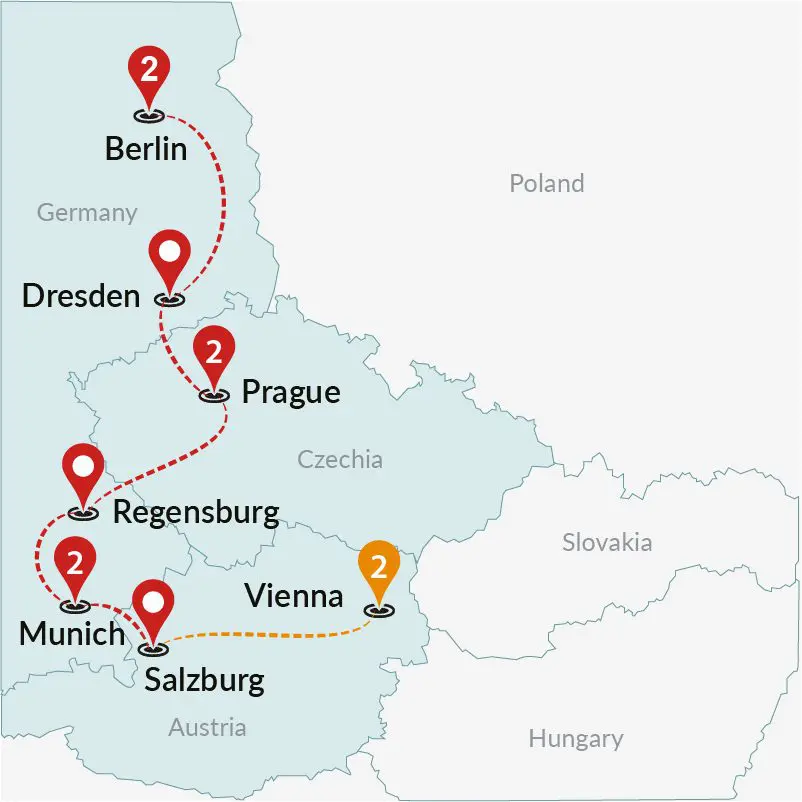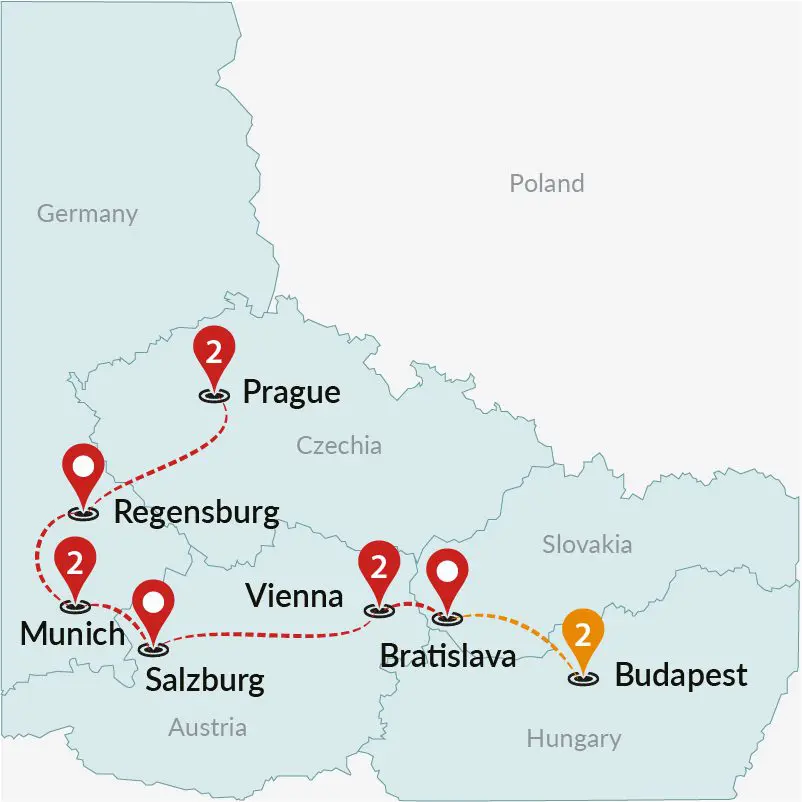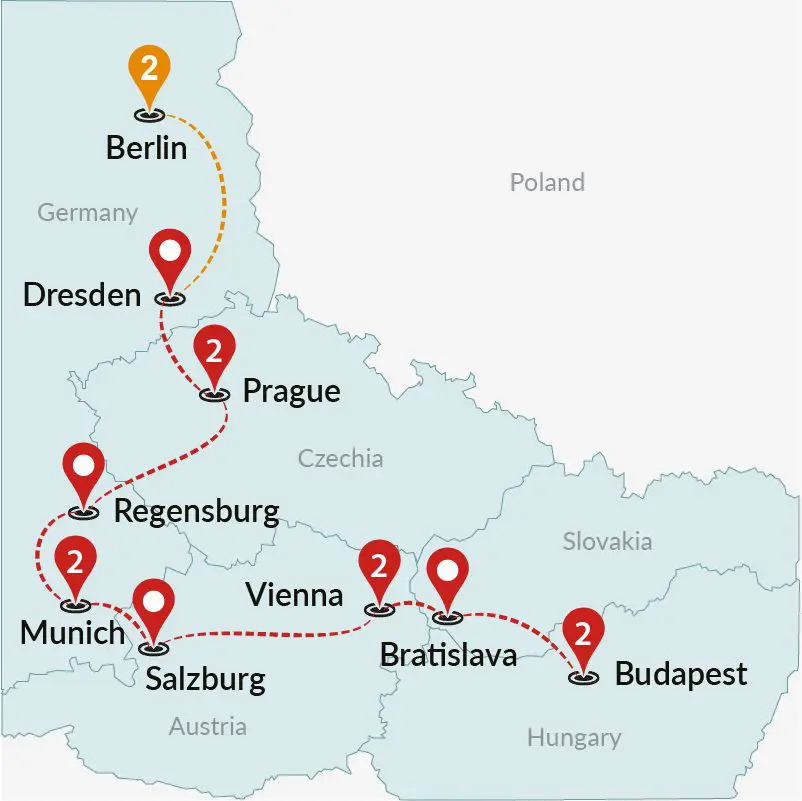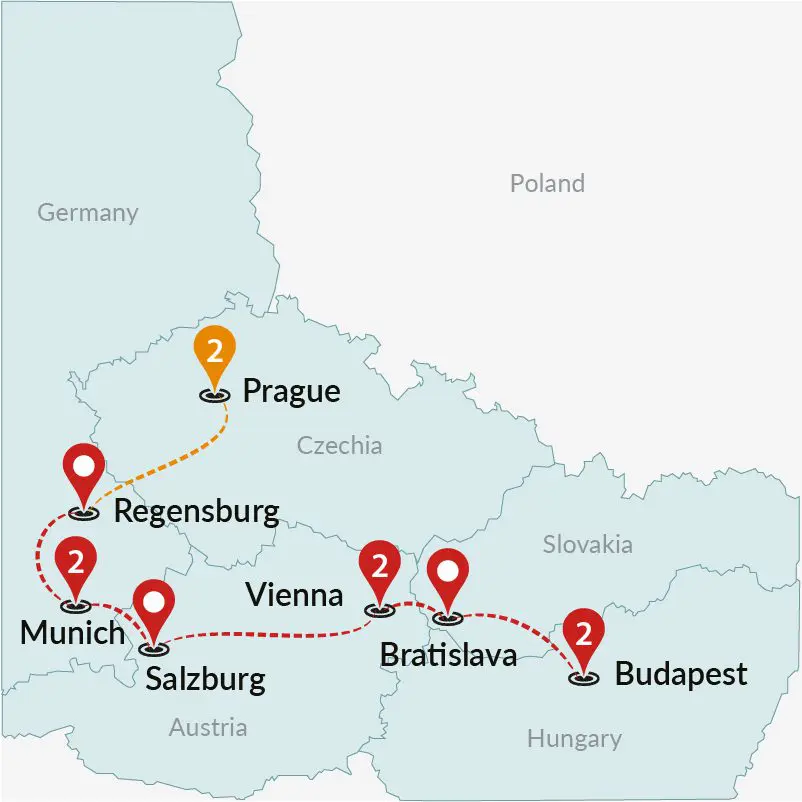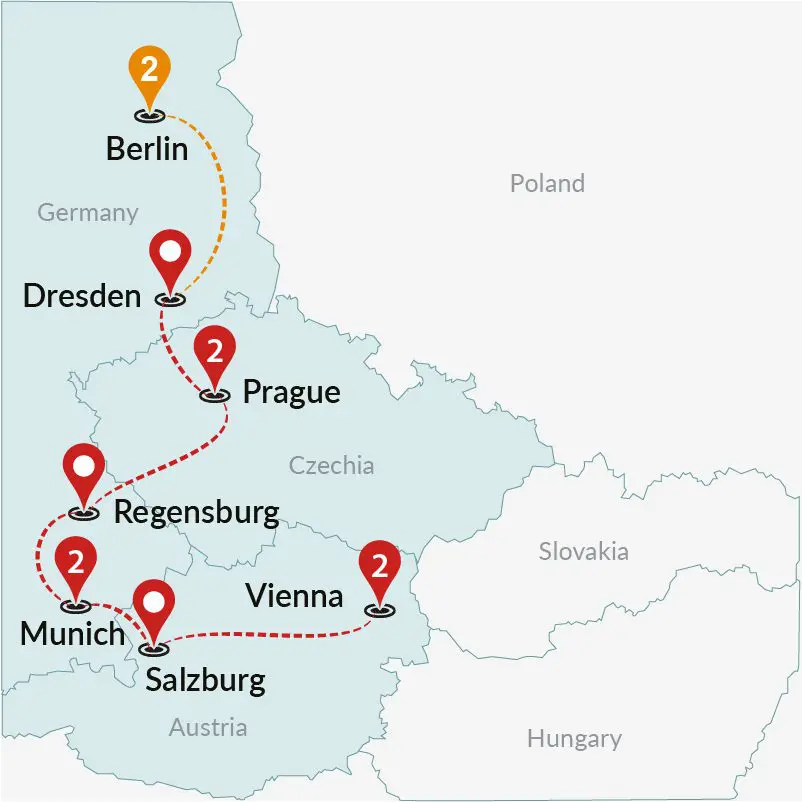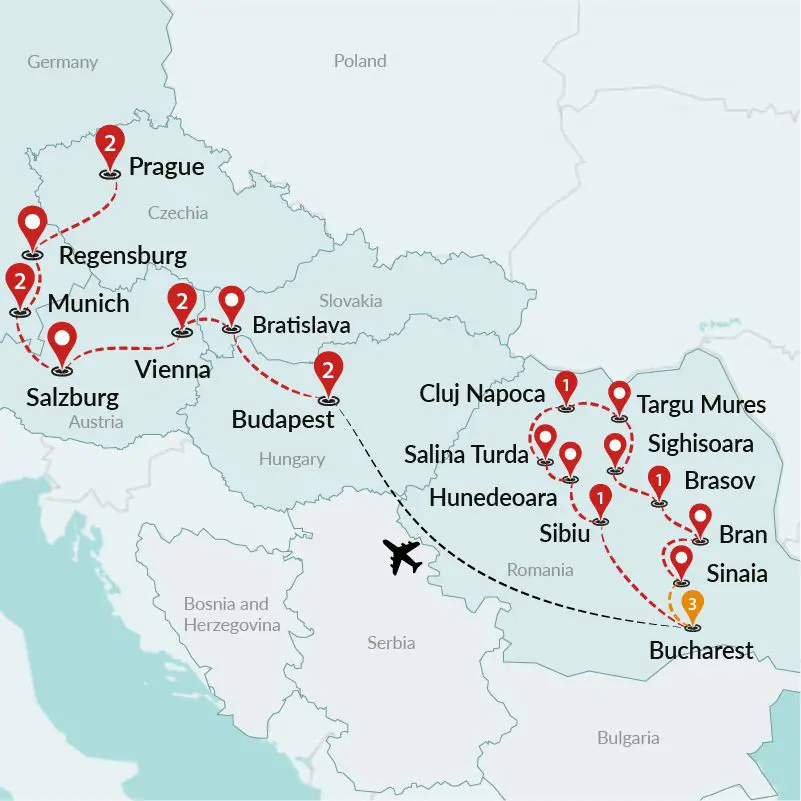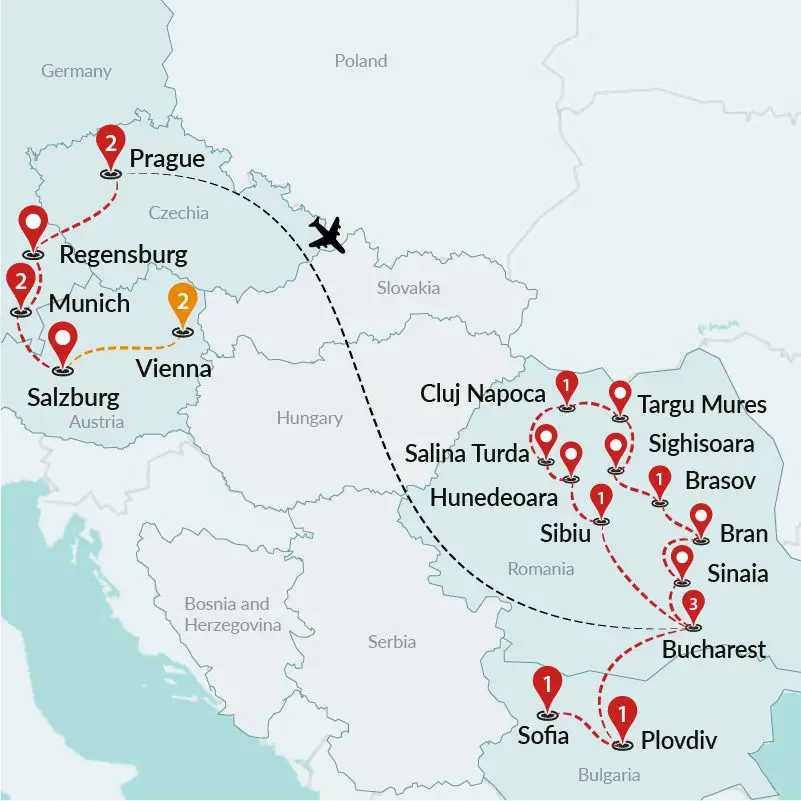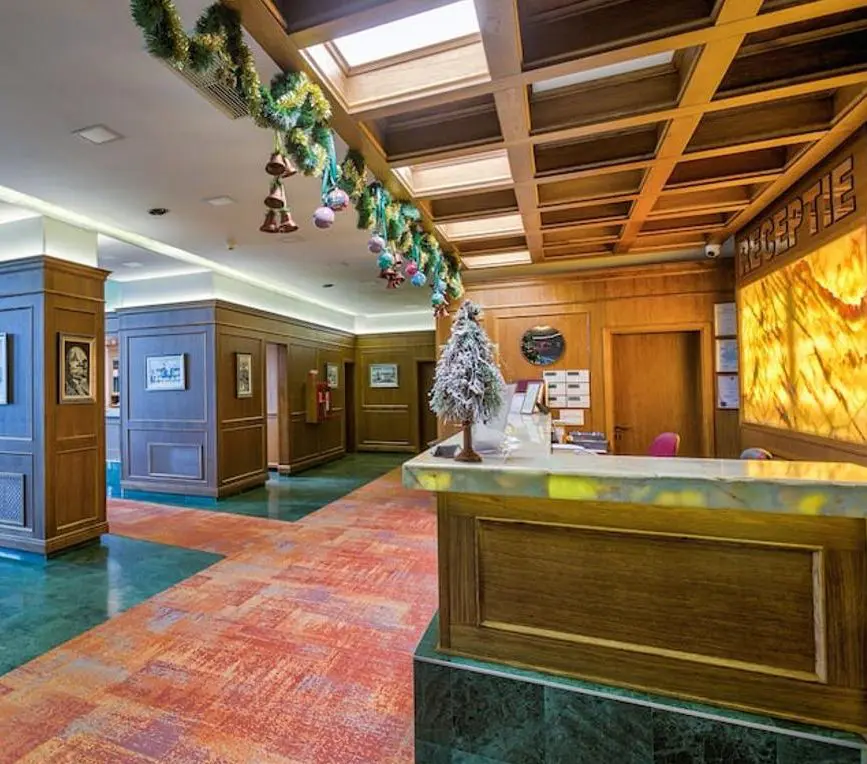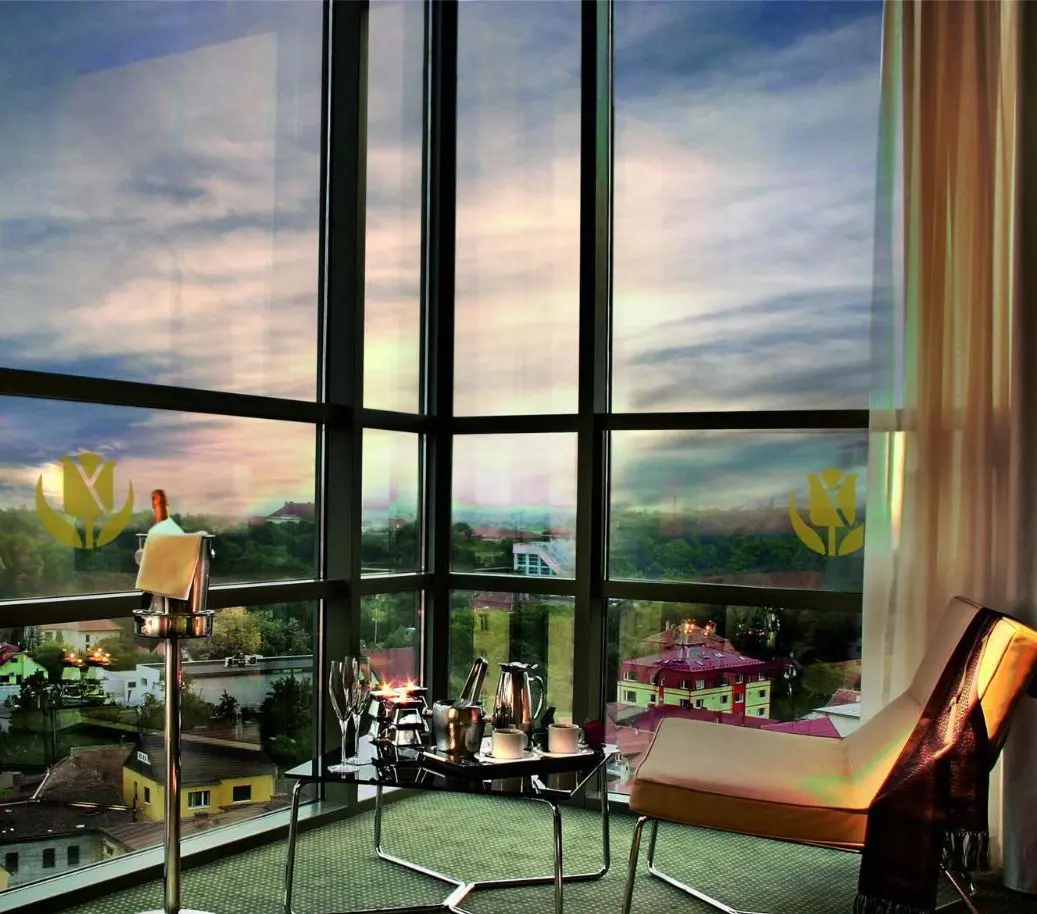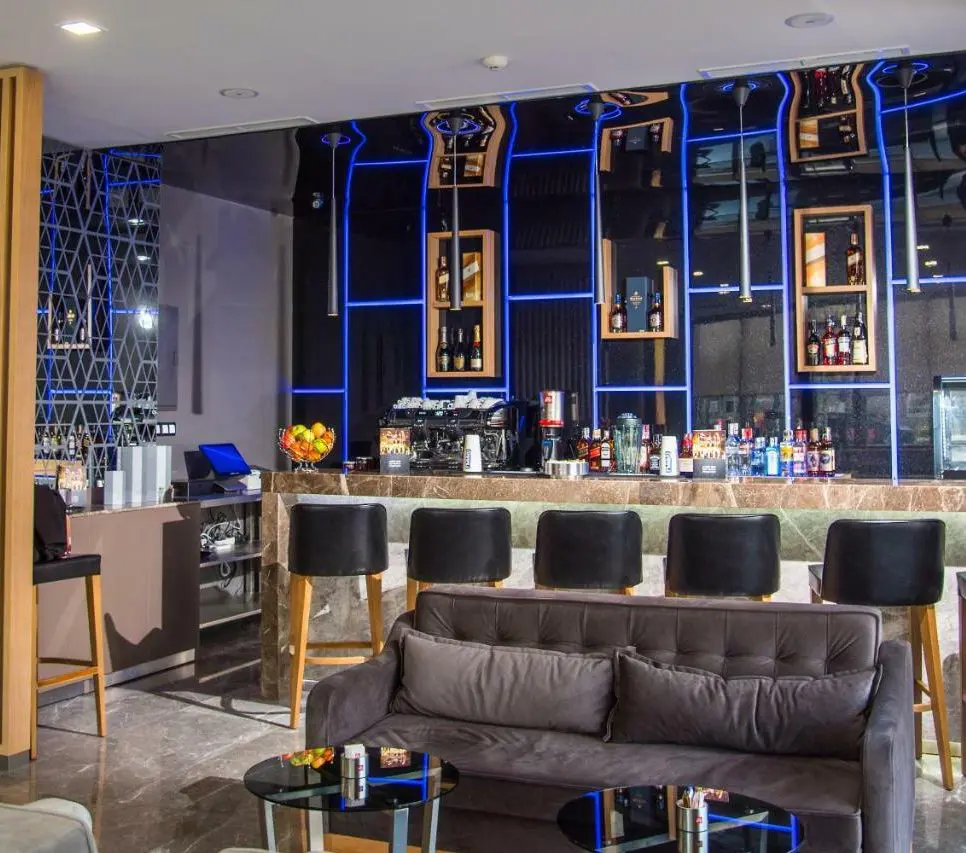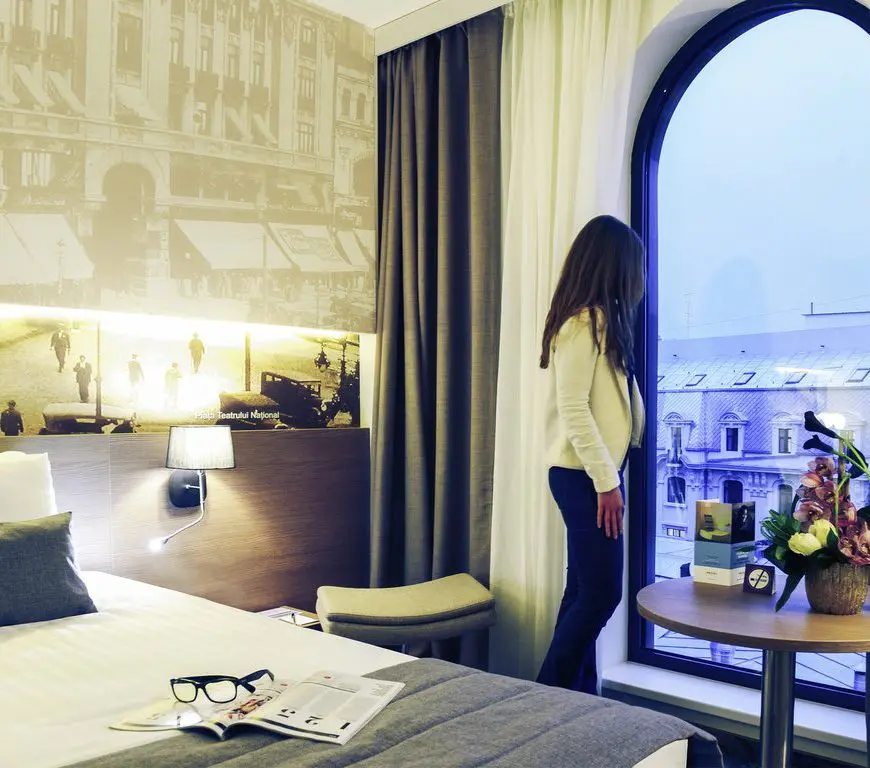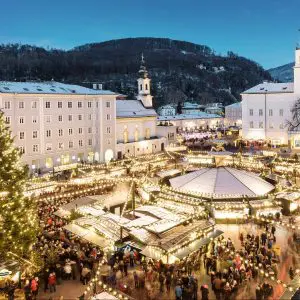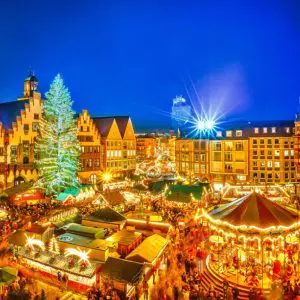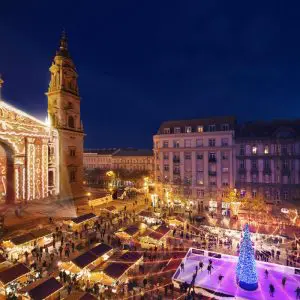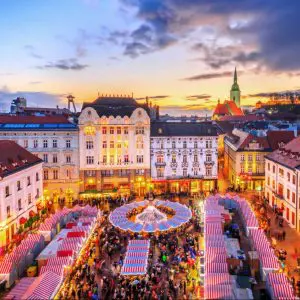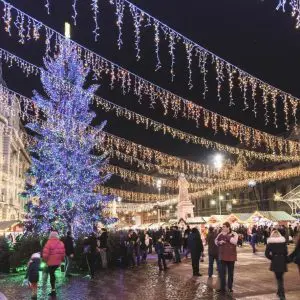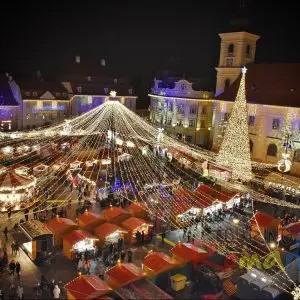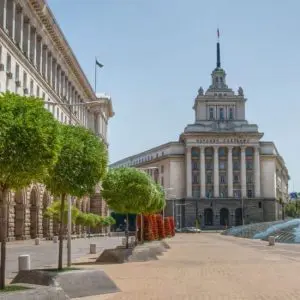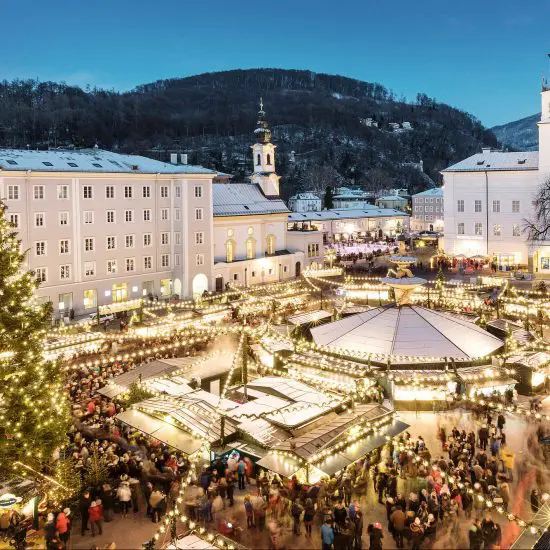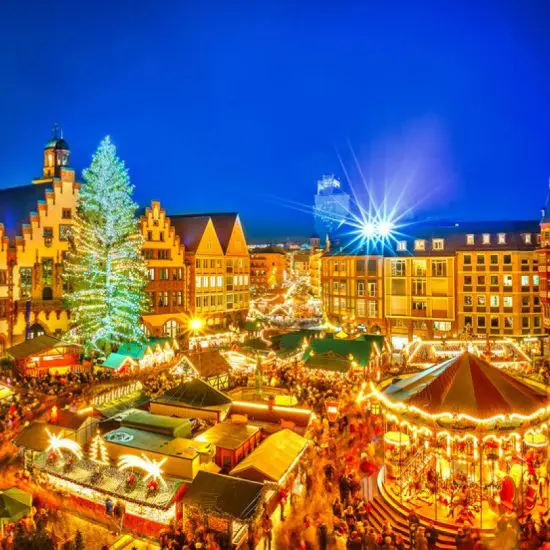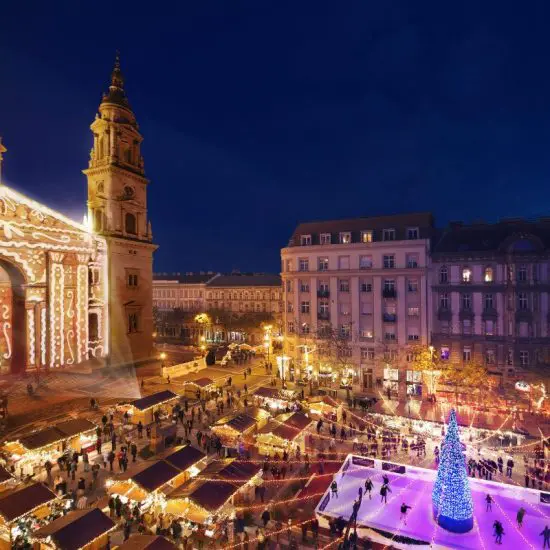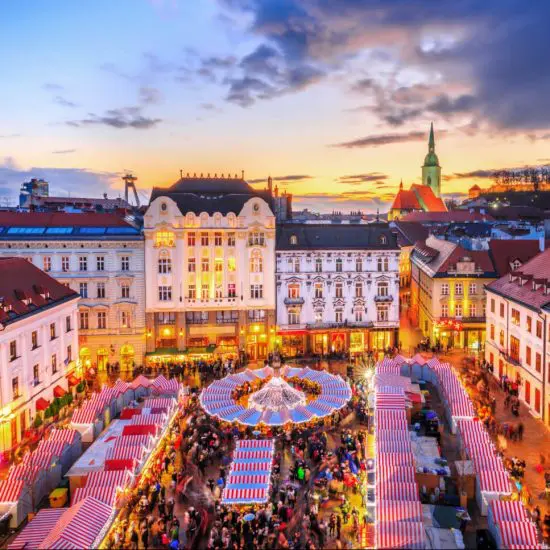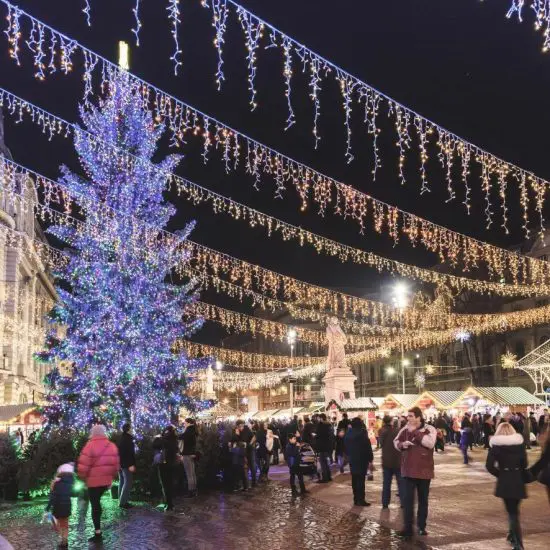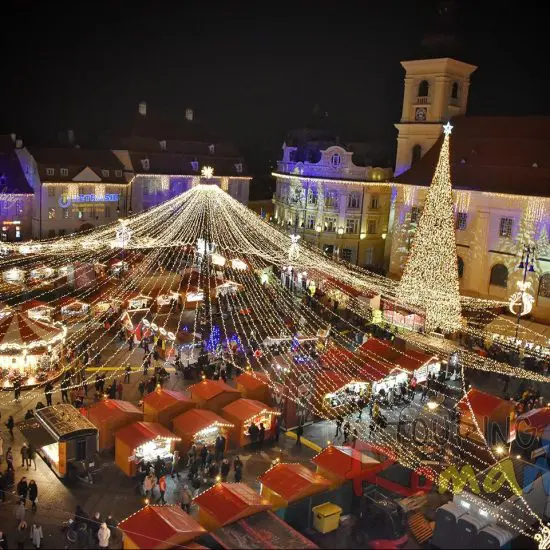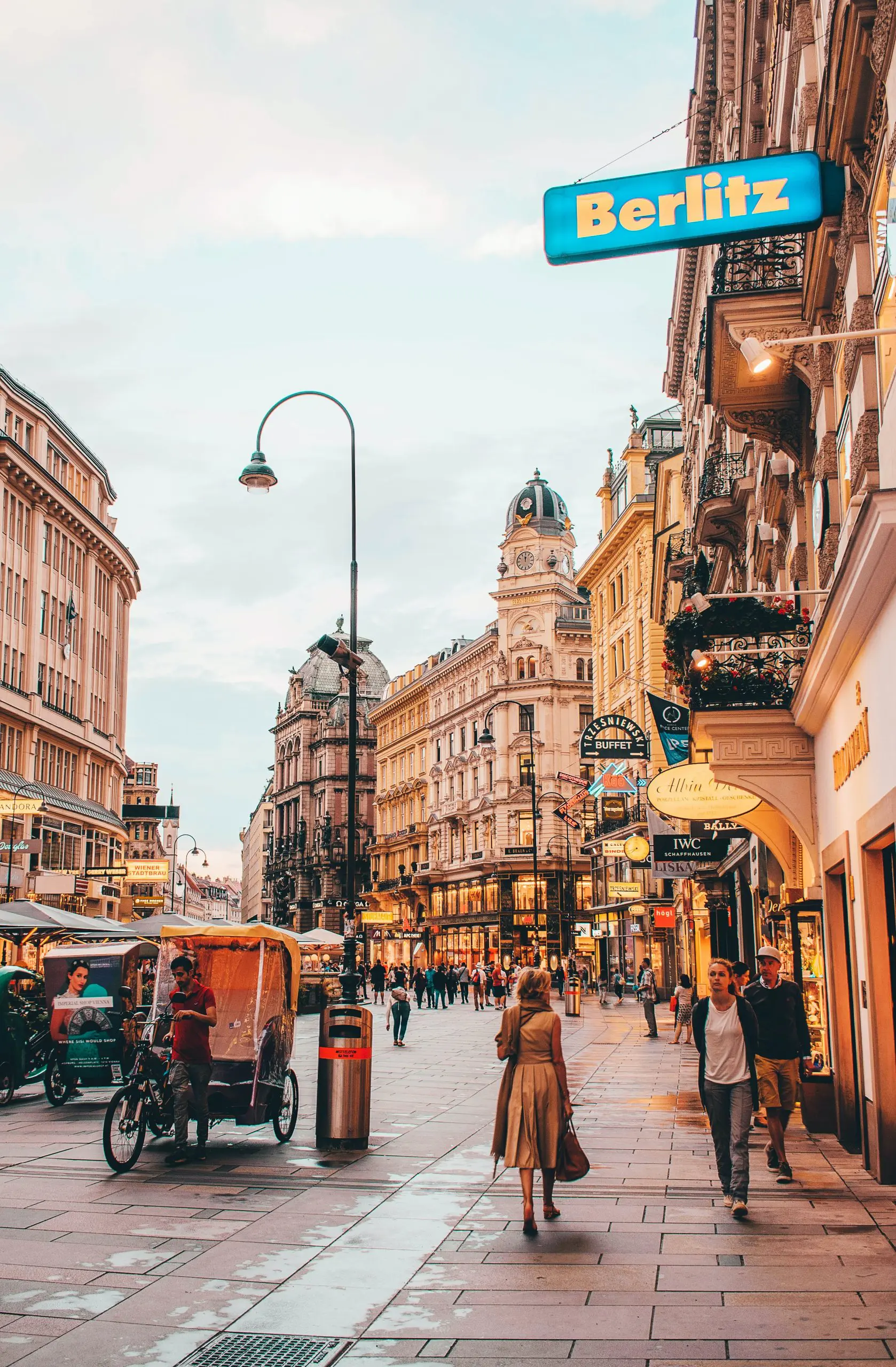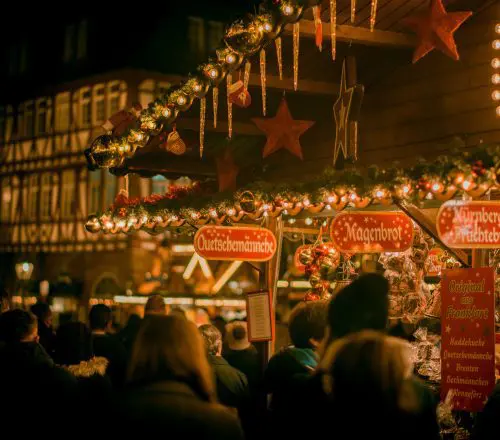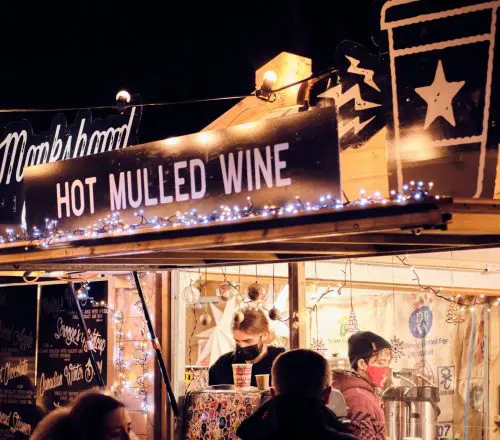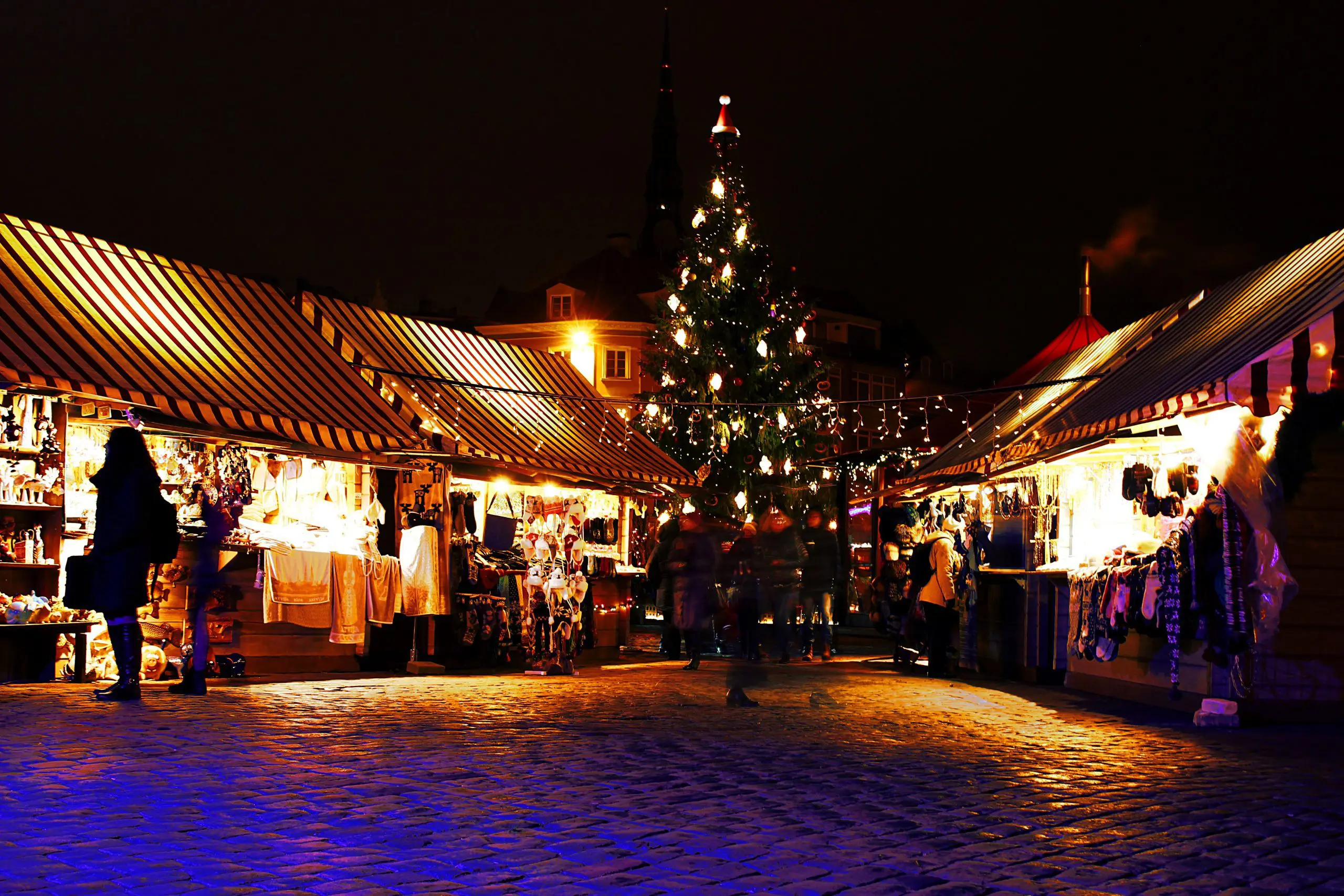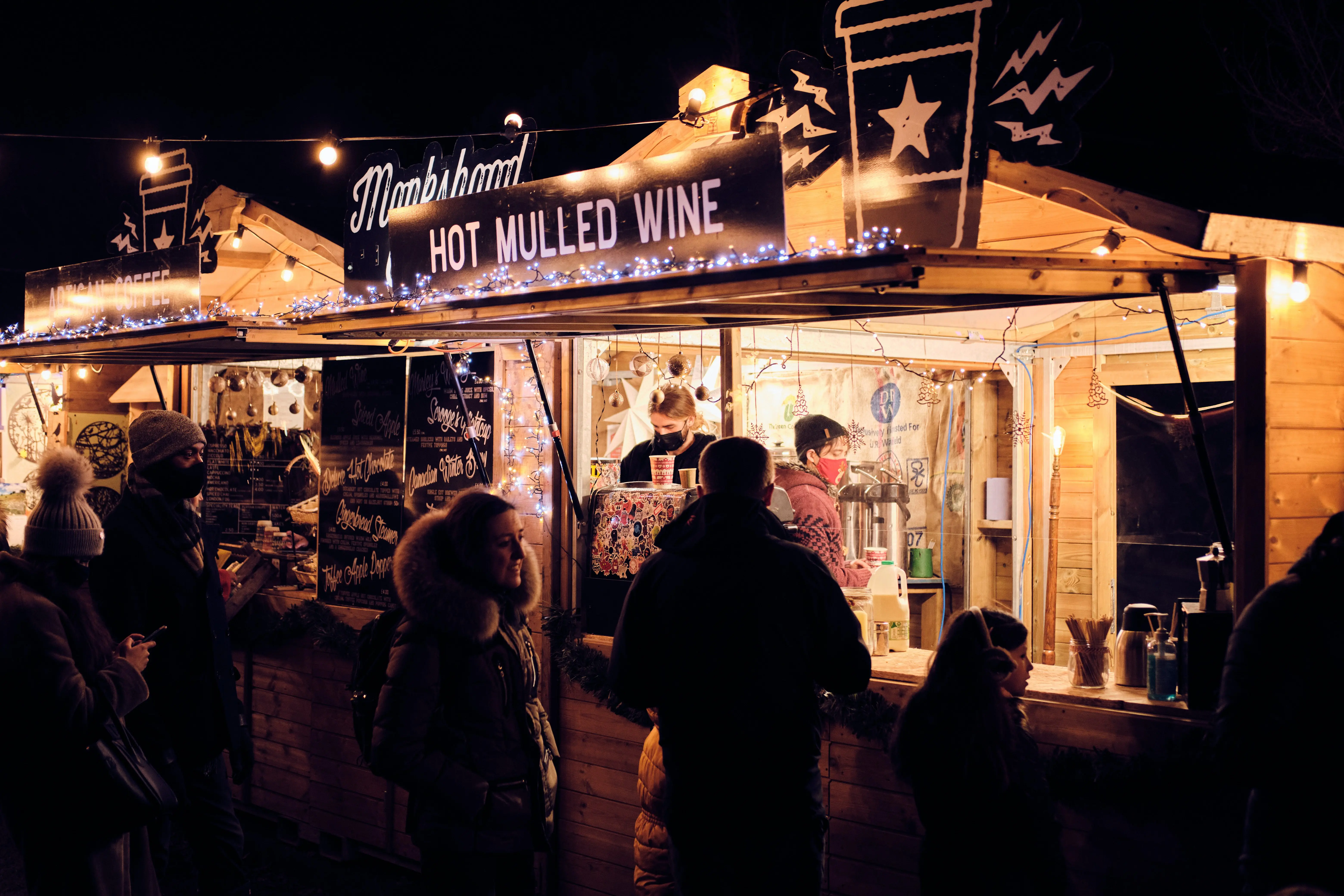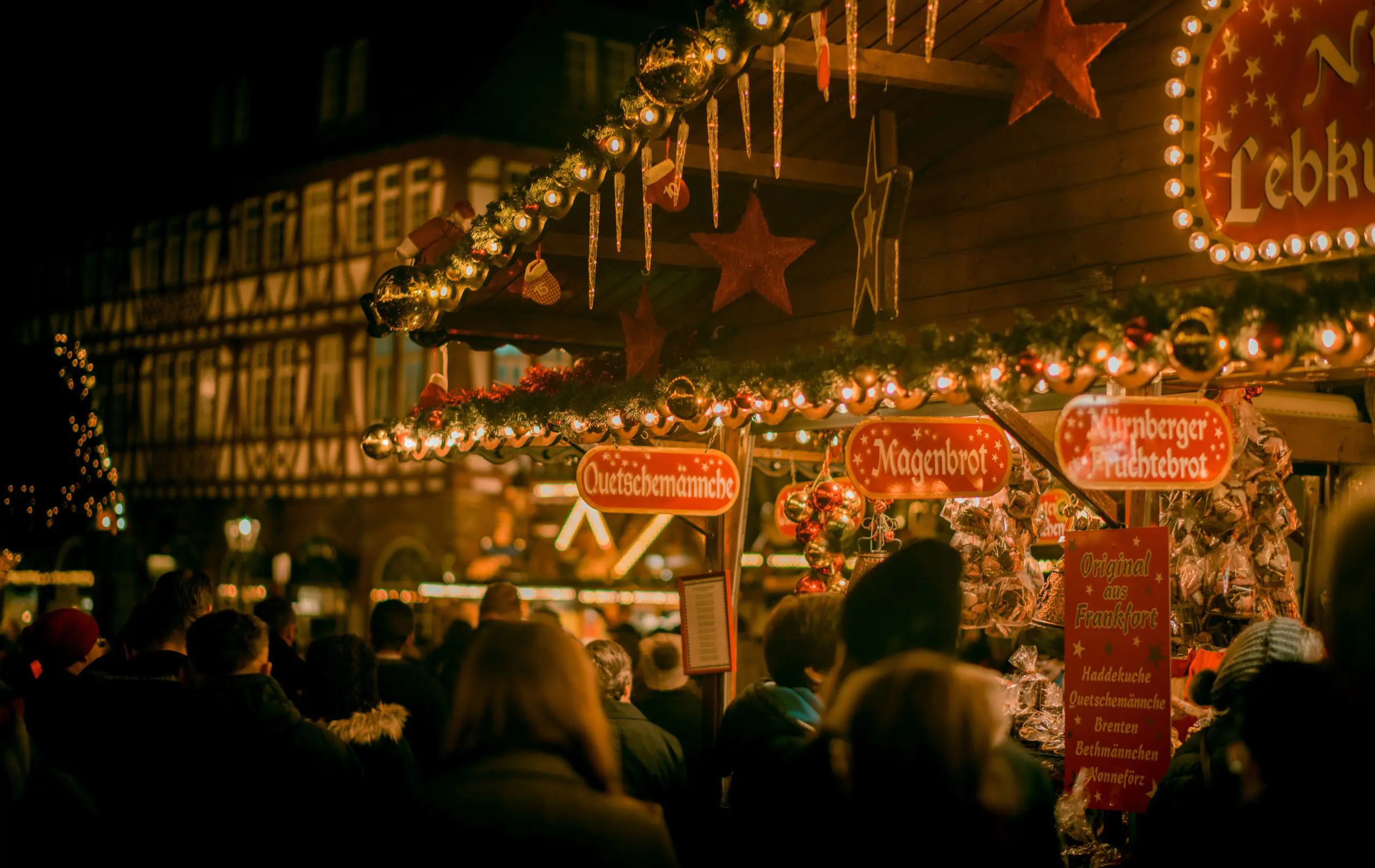Do I need a visa for Central Europe Tours?
Do I need to purchase travel insurance before travelling to Central Europe?
When is the best time to visit Central Europe?
What is the internet access like in Central Europe?
Can I use my mobile while in Central Europe?
How much does it cost for…?
Can I drink tap water in Central Europe?
Are credit cards widely accepted in Central Europe?
What is ATM access like in Central Europe?
Do you have solo travellers on your Central Europe tours?
I’m a solo passenger, do I need to pay single supplement?
Can I be roomed with my friends?
Do you arrange flights?
Will my dietary requirements be catered for?
What currency should I bring?
Is there any luggage restriction?
Do I need to tip in Central Europe?
What if I join the tour late?
Is English widely spoken in Central Europe?
Do I need a power adapter for my electronic devices?
Are there any safety concerns for tourists in Central Europe?
What are some must-try local dishes in Central Europe?
Do I need a visa for Central Europe Tours?
Citizens of the European Union (EU) and the European Free Trade Association (EFTA) countries usually do not need visas to travel within the Schengen Area, which includes many Central European countries.
Citizens of the United Kingdom (England), the United States, Australia, and New Zealand do not require a visa for short stays (up to 90 days within a 180-day period) for tourism or business purposes in Germany, Austria, the Czech Republic, and Hungary.
This information is provided only as guidance, we strongly advise that you check with the consulate as this information can change at any time and with little notice. It is your responsibility to make sure that all the required travel documents are ready when travelling.
Do I need to purchase travel insurance before travelling to Central Europe?
Yes, all passengers travelling with Travel Talk must have travel insurance before participating in any of our tours. Your guide will collect your travel insurance details on the first day of your trip.
It is your responsibility to make sure you have an adequate and suitable travel insurance in place. You may read more about this
here.
When is the best time to visit Central Europe?
The best time to visit Central Europe, including countries like Germany, Austria, the Czech Republic, and Hungary, is during the late spring (May to June) and early autumn (September to October). During these months, the weather is generally mild, with pleasant temperatures and blooming landscapes. Tourists can enjoy outdoor activities, cultural events, and explore historic sites without extreme temperatures or overcrowding.
Summer (July and August) can also be a good time for Central Europe tours, but it tends to be busier. Winter (December to February) is ideal for those interested in festive holiday markets and winter sports, but temperatures can be quite cold.
What is the internet access like in Central Europe?
Internet access in Central Europe is generally excellent, with widespread availability of high-speed and reliable connections. Urban areas in countries such as Germany, Austria, the Czech Republic, and Hungary have well-developed and efficient networks, providing fast Wi-Fi in hotels, cafes, and public spaces. Many cities also offer extensive 4G and 5G coverage, ensuring seamless connectivity for mobile devices. Rural areas may have slightly slower internet speeds, but overall, visitors to Central Europe can expect reliable and accessible internet services throughout their travels.
Can I use my mobile while in Central Europe?
Yes, you can use your mobile phone in Central Europe tours with ease. Most countries in the region, including Germany, Austria, the Czech Republic, and Hungary, have well-established mobile networks and excellent coverage. Many international mobile operators offer roaming services, allowing you to use your phone for calls, texts, and data without significant issues. However, it's advisable to check with your mobile service provider about roaming charges and options before traveling to ensure cost-effective usage. Additionally, purchasing a local SIM card is a convenient and often more economical option for those planning an extended stay in Central Europe.
How much does it cost for…?
The Euro (EUR) is the currency commonly used in Central Europe, including countries like Germany, Austria, the Czech Republic, and Hungary. Here are some approximate prices to give you an idea of regular expenses:
Falafel sandwich: 5-7 EUR Restaurant meal: 10-20 EUR Pastries: 3-7 EUR Cup of Coffee: 2-5 EUR Cup of tea: 2-5 EUR
Keep in mind that these are general estimates and actual prices may vary depending on the specific location and establishment. It's always a good idea to check local prices and currency exchange rates for the most accurate information during your trip to Central Europe.
Can I drink tap water in Central Europe?
In general, tap water in Central Europe, including countries like Germany, Austria, the Czech Republic, and Hungary, is safe to drink. These countries have stringent water quality standards, and the tap water is treated and monitored regularly. In urban areas and most rural regions, tap water is of high quality and meets or exceeds international standards for potable water. However, it's advisable to check with local sources or authorities, as water quality can vary in some remote or less developed areas. Many tourists and locals regularly consume tap water without any issues, contributing to the region's reputation for high sanitation standards.
Are credit cards widely accepted in Central Europe?
Credit cards are widely accepted in Central Europe, including countries like Germany, Austria, the Czech Republic, and Hungary. In urban areas and popular tourist destinations, most establishments, such as hotels, restaurants, and shops, readily accept major credit cards like Visa and MasterCard. However, it's advisable to carry some cash for smaller establishments, local markets, or in more rural areas where card acceptance might be less common.
It's recommended to inform your bank of your travel plans to avoid any issues with card transactions abroad.
What is ATM access like in Central Europe?
ATM access in Central Europe, including countries like Germany, Austria, the Czech Republic, and Hungary, is generally convenient and widespread. ATMs are readily available in urban areas, airports, train stations, and popular tourist destinations. They accept major international credit and debit cards, making it easy for travelers to withdraw local currency. It's advisable to inform your bank about your travel plans to ensure seamless ATM transactions, and also be aware that some rural or less frequented areas may have fewer ATMs, so it's wise to carry some cash when venturing into such regions.
Do you have solo travellers on your Central Europe tours?
Solo travellers often join our tours to meet and travel with like-minded adventurers, forming longstanding friendships. We also strive to provide a relaxed and sociable tour experience to allow the group to weld throughout the journey.
Solo travellers will be roomed with another solo traveller of the same gender, or can upgrade to a solo room by paying the single supplement.
I’m a solo passenger, do I need to pay single supplement?
There are always solo travelers on our tours. If you don’t mind being roomed with another single traveler of the same gender, you do not need to pay the supplement. Single supplement is for travelers who would like to stay in a single room for the duration of their tour.
Can I be roomed with my friends?
Please contact us with your request & we will do our best to arrange your room accordingly.
info@traveltalktours.com 0208 099 9596
Our trips to Central Europe do not include airfare to/from the destination, and we do not advise on, ticket or sell flights. It is your responsibility to make it to the starting point of your tour on time.
Will my dietary requirements be catered for?
If you provide your dietary requirements at the time of booking, we will do our best to make the necessary arrangements where available. You can leave a comment under the "Notes" section when making an online booking or simply contact us. Please note that gluten-free & vegan options are quite limited in the country.
What currency should I bring?
The Euro (EUR) is the commonly used currency in many Central European countries, including Germany, Austria, and Slovakia. However, Hungary and the Czech Republic have their own currencies: the Hungarian Forint (HUF) and the Czech Koruna (CZK), respectively. It's advisable to bring Euros for travel in the Eurozone countries and to exchange some money for local currency when visiting Hungary and the Czech Republic. Credit cards are widely accepted, but having some cash on hand is useful, especially in smaller establishments and rural areas where card acceptance may be limited. Additionally, check for current exchange rates and fees before exchanging currency to ensure you get the best value for your money.
Is there any luggage restriction?
Good news, there isn’t any luggage restriction on our tours as long as you’re able to carry your own luggage - usually just for a very short distance.
Do I need to tip in Central Europe?
While tipping is appreciated, it is not obligatory. Tipping customs in Central Europe, including countries like Germany, Austria, the Czech Republic, and Hungary, generally involve leaving a gratuity for good service. In restaurants, it is customary to round up the bill or leave a tip of about 5-10% of the total. In more casual settings, rounding up or leaving small change is common.
What if I join the tour late?
You can join a tour late or miss the Welcome Meeting on Day 1 if you inform us prior to the departure date. Please note that it will be your responsibility to make the necessary arrangements to catch up with the group.
Please contact us at info@traveltalktours.com or +44 208 099 9596.
For all emergencies, you can contact +44 208 099 7536.
Is English widely spoken in Central Europe?
English is commonly spoken in urban areas and tourist destinations, but proficiency levels may vary in more rural or remote locations.
Do I need a power adapter for my electronic devices?
Central Europe typically uses the Europlug (Type C and Type F) power sockets. Travelers may need a power adapter to charge their devices.
Are there any safety concerns for tourists in Central Europe?
Central Europe is generally safe for tourists, but it's advisable to stay aware of your surroundings, take usual precautions, and be cautious of pickpocketing in crowded areas.
What are some must-try local dishes in Central Europe?
Central Europe boasts a delectable array of must-try local dishes. Indulge in the iconic Wiener Schnitzel in Austria and Germany, a breaded and fried veal or pork cutlet. Hungary offers the rich and flavorful Goulash, a hearty meat stew seasoned with paprika. Czech Republic's Svíčková delights with marinated sirloin served alongside creamy sauce and bread dumplings.
Satisfy your sweet tooth with Austria's Palatschinke, thin pancakes filled with various sweet or savory treats. Don't miss Kaiserschmarrn, a fluffy shredded pancake from Austria.
 March Sale; 2 For 1
March Sale; 2 For 1  Croatia Sailing : 2 For 1
Croatia Sailing : 2 For 1 Asia Tours : 2 For 1
Asia Tours : 2 For 1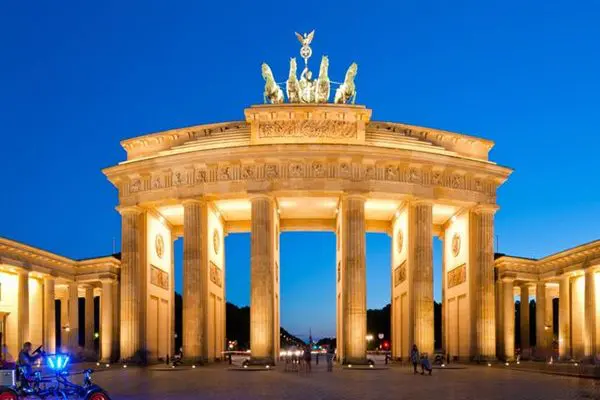 Central & Eastern Europe Tours: 2 For 1
Central & Eastern Europe Tours: 2 For 1  Why Travel Talk
Why Travel Talk Travel Talk Blog
Travel Talk Blog Responsible Travel
Responsible Travel Fair Travels with Travel Talk
Fair Travels with Travel Talk
